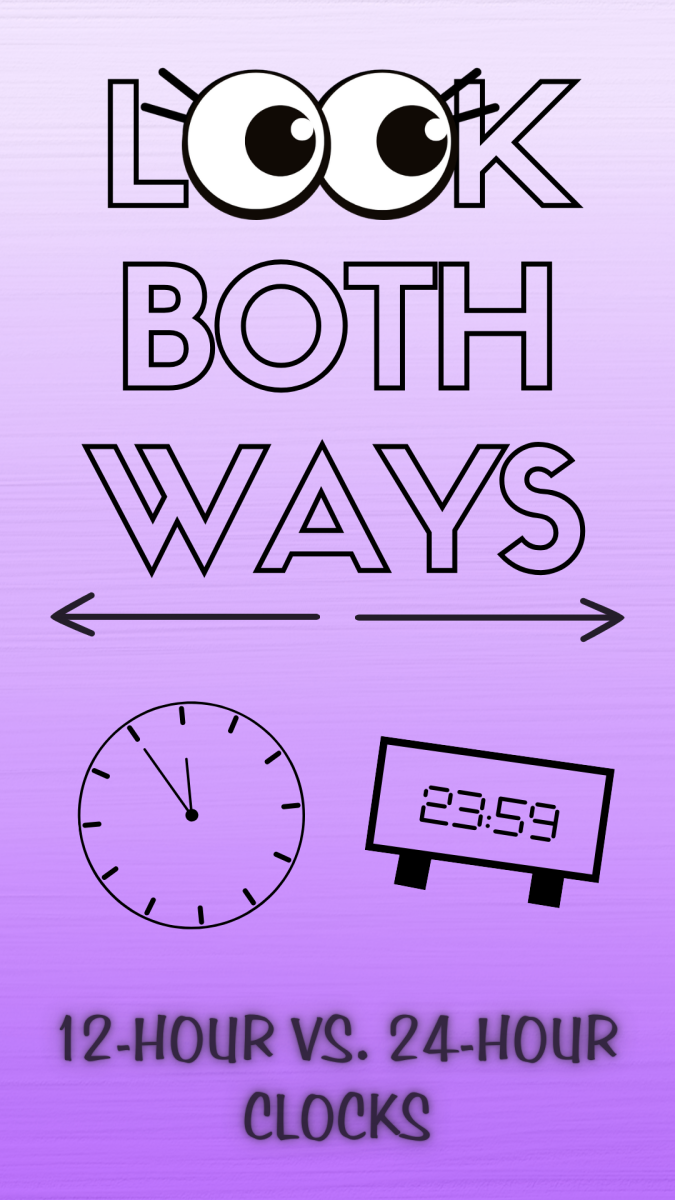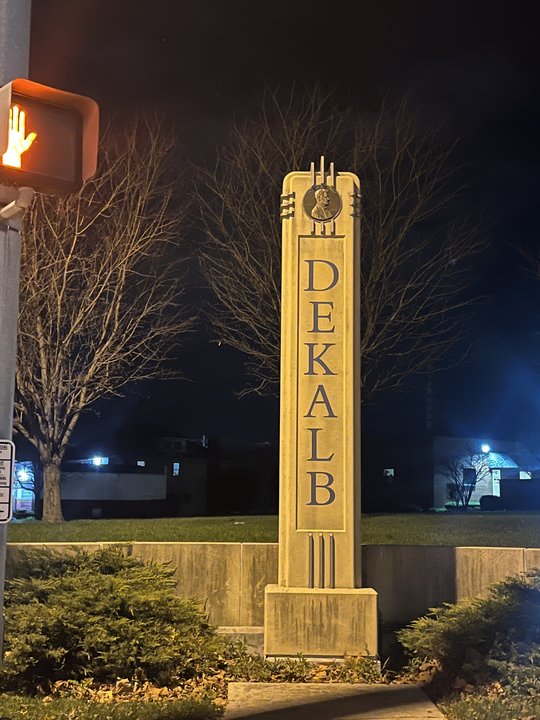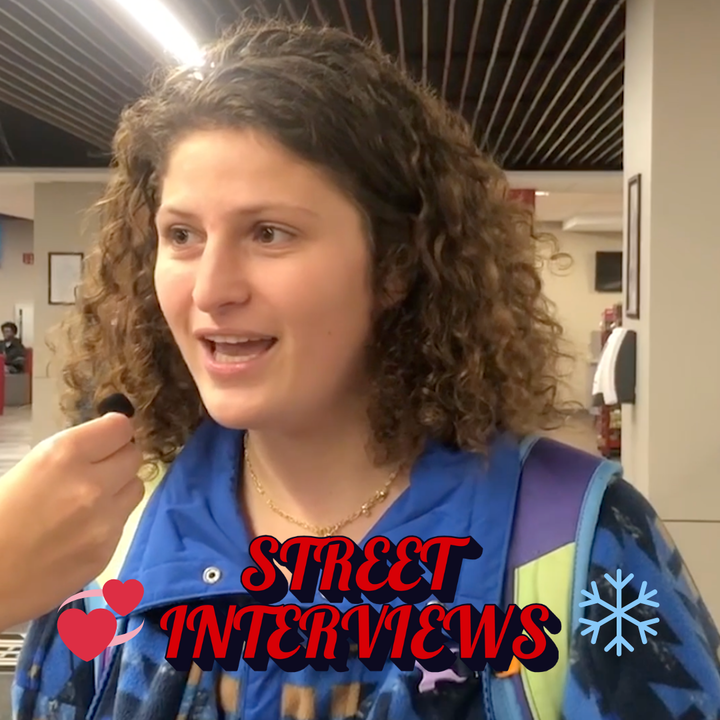You just turned 21, and you wanted to share your birthday dinner online with some of your followers. Perhaps you made a new account and decided to share your full name. This seems harmless enough, but it’s not.
We live in a generation where social media has taken over our lives with people posting and updating followers through storytimes and trends like “Get Ready With Me” on TikTok.
It is as if the understanding and literacy of how to navigate social media is gone, leaving people vulnerable online.
We all love social media to share and compare our lives with anyone who is interested. Sharing your life online is fun, but it is also risky if you are not careful.
Oversharing can involve posting information of family members, sharing pictures of your home, school, valuables or general facts about your life. Sharing personal facts exposes you to potential dangers and criminals looking to steal your identity and passwords, according to Microsoft.
Protecting yourself from criminals who want to take your passwords and information is easy though. Using 12-character length passwords for different accounts is helpful, according to the Federal Trade Commission. It also recommends using two-factor authentication and security questions only you would know.
Nathan Lamptey, a sophomore marketing major, likes to be mindful and take steps to keep himself safe online.
“I think about my location, like to make sure not to post like my location the exact moment, and also to, like keep, like pictures of family members and friends like, like private,” Lamptey said. “If I post them, I’d probably put, like, an emoji on their face or something like that.”
Sejal Rani, a graduate student in computer science, recalls an instant where her friend got in a dangerous situation online
“So, there was one of my friends who used to post on Instagram,” Rani said. “Some of her followers – she used to add people, this happened on Instagram – they used her pictures for something bad. They mocked her, so that was something bad I know of posting much personal stuff online.”
Susie Armbrust, information security analyst at NIU, says to be mindful of your audience.
“I think that you should keep it (information) need-to-know, and you should be aware of who your audience is – before you put it out there – or who your audience could be,” Armbrust said. “There is no way that you can control, for example, if a friend’s account had been compromised, what kind of damage could that do to you, not knowing who had compromised the account and what they were going to do with the information that they were able to obtain?”
To prevent stolen information, be cautious of what you are posting online.
Stop and think about who the post is for, and ask yourself: Does everyone need to see this?















